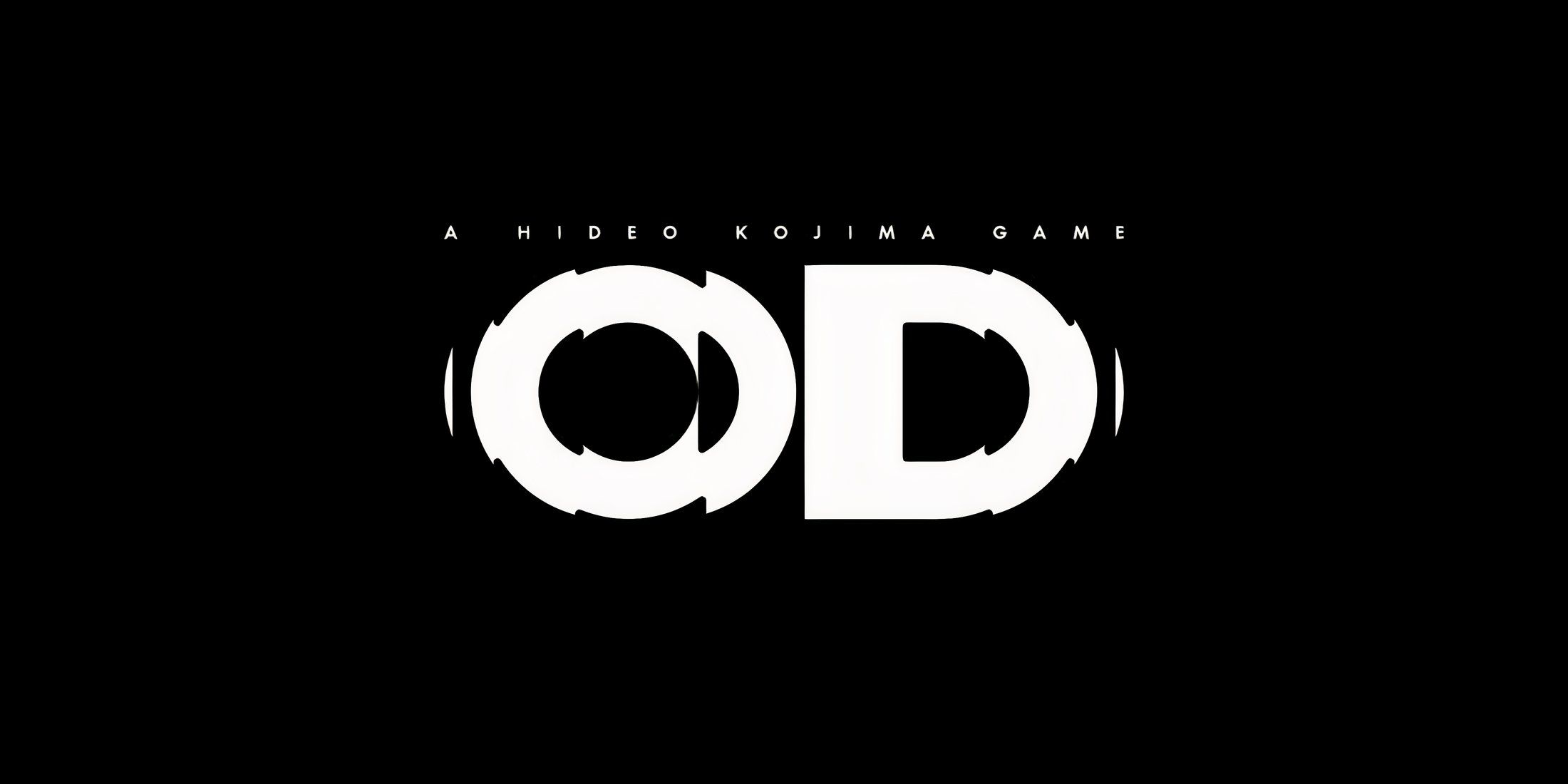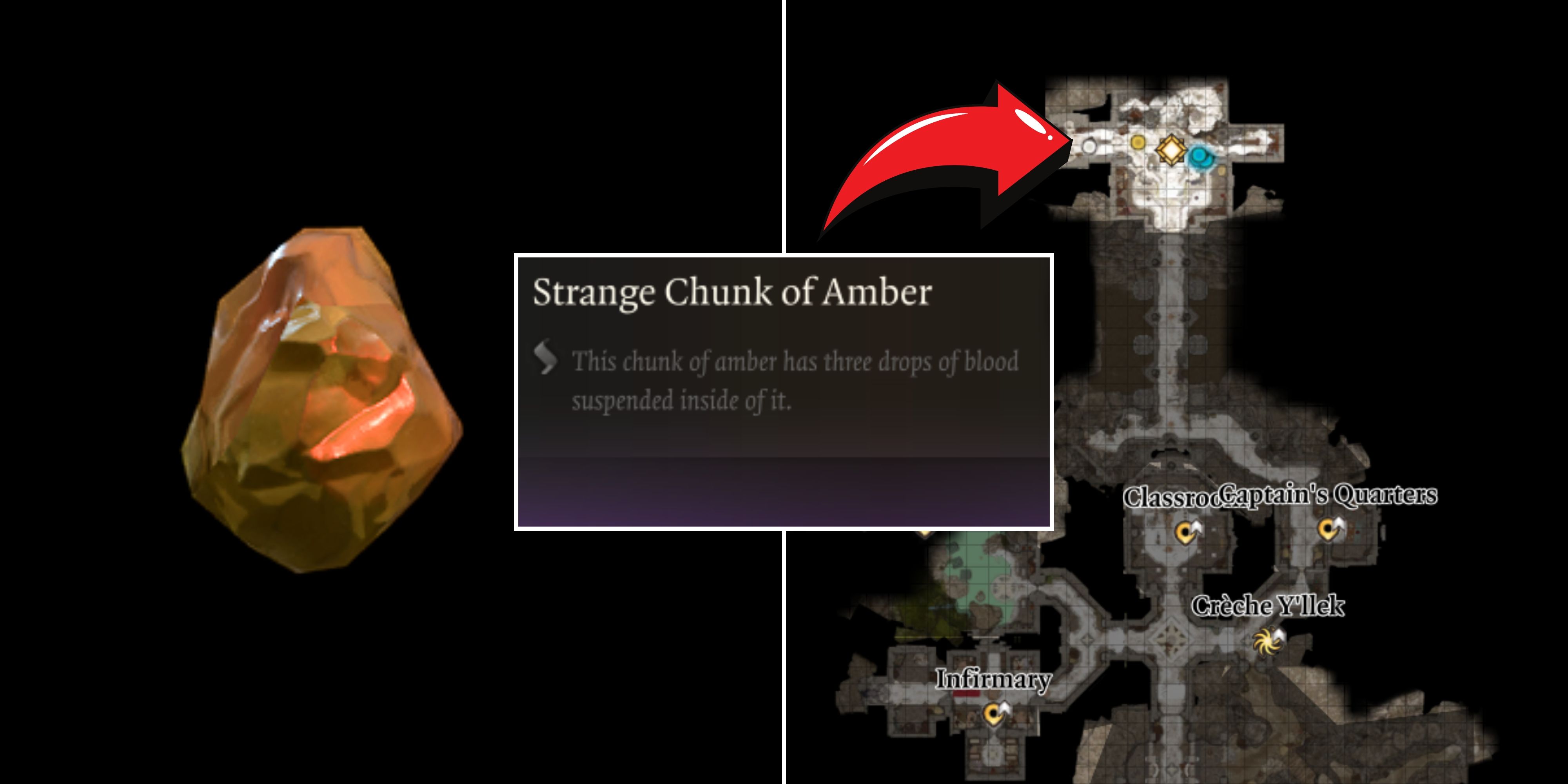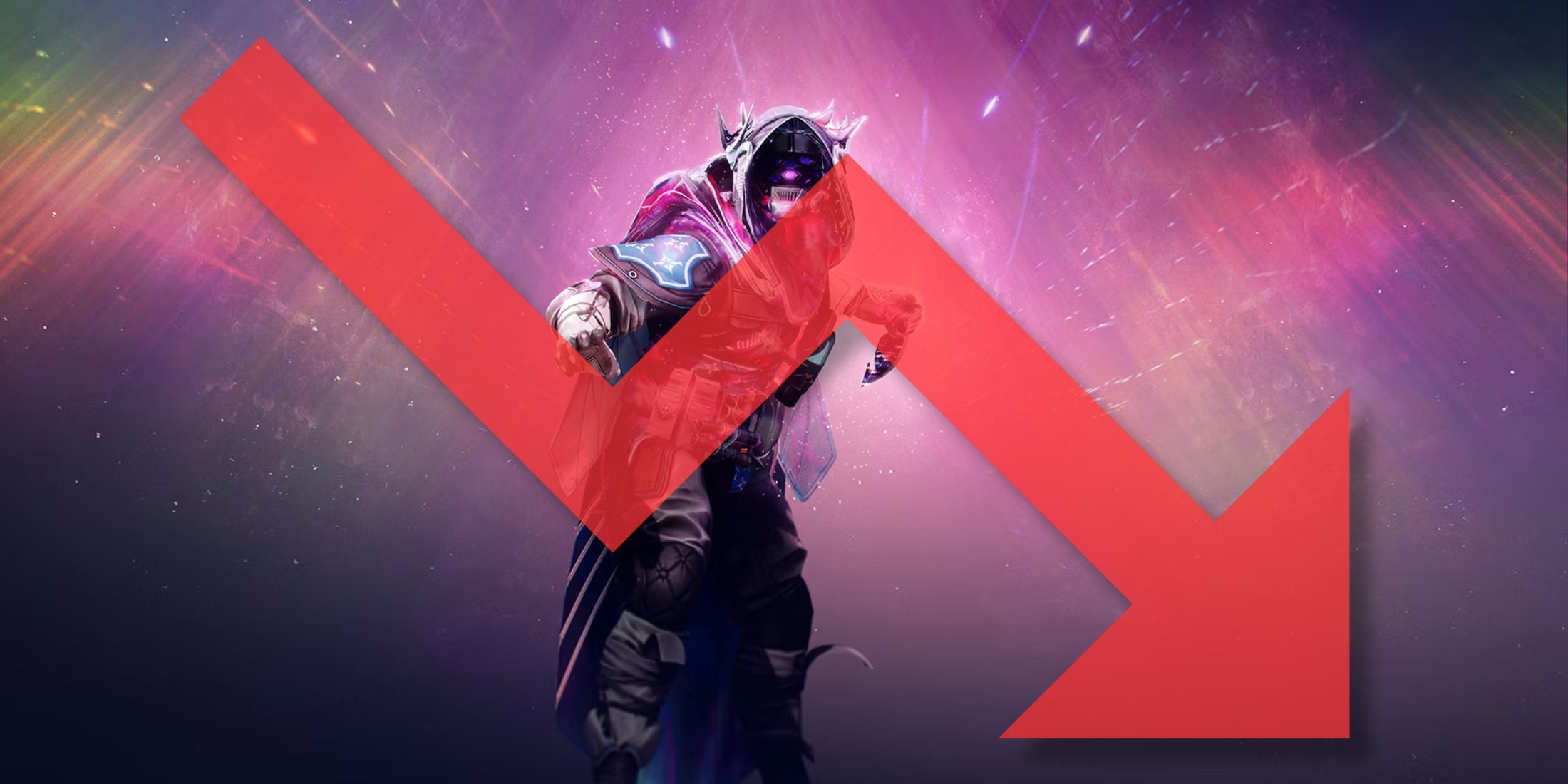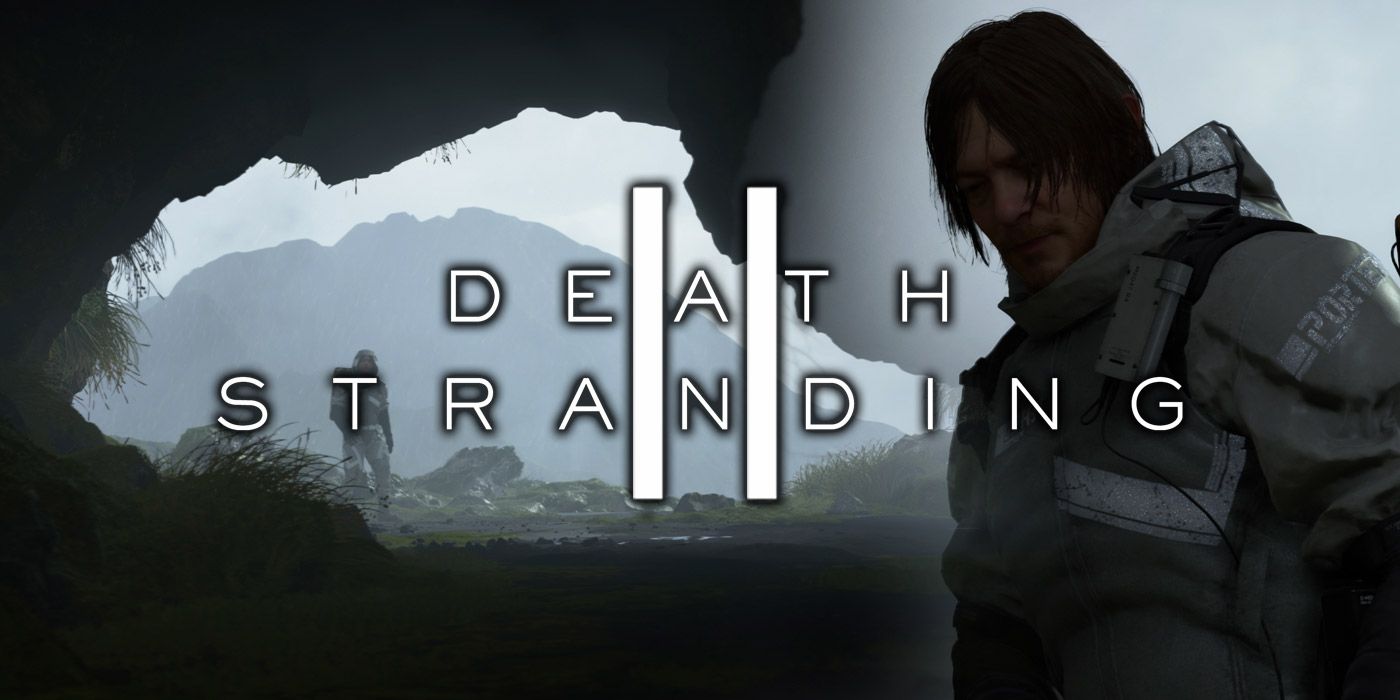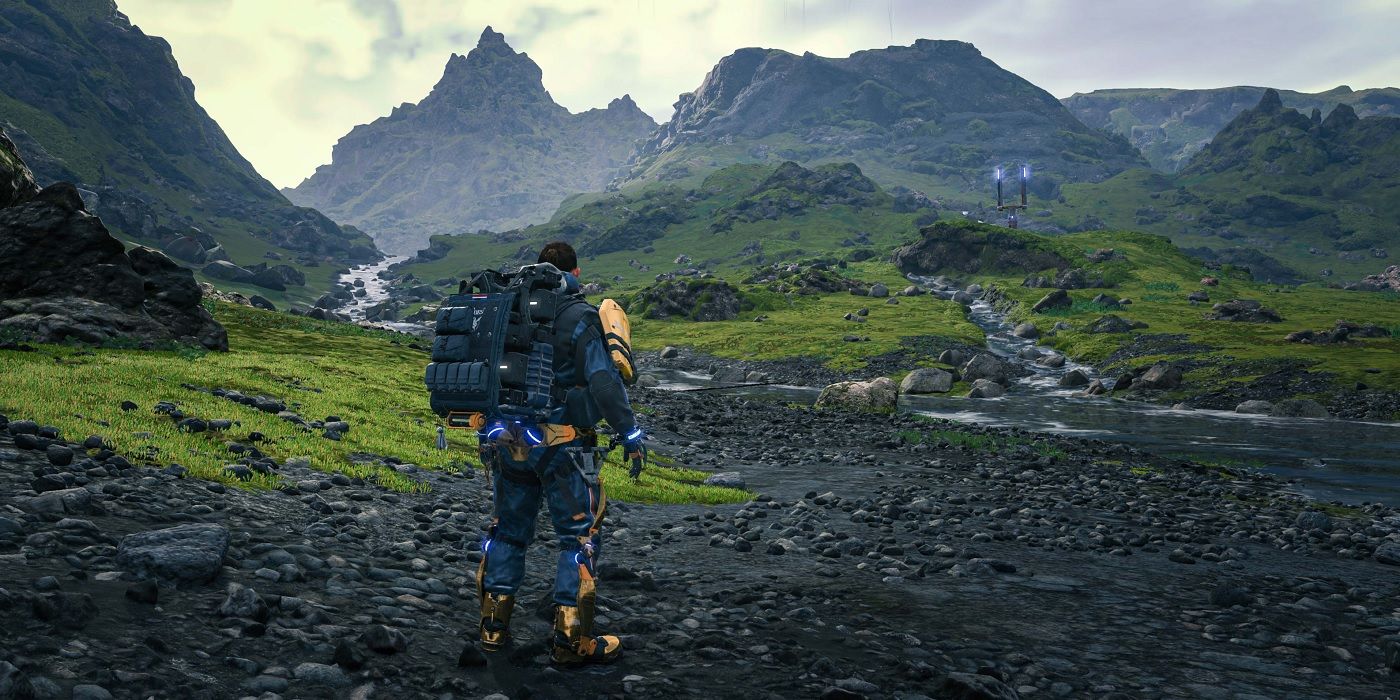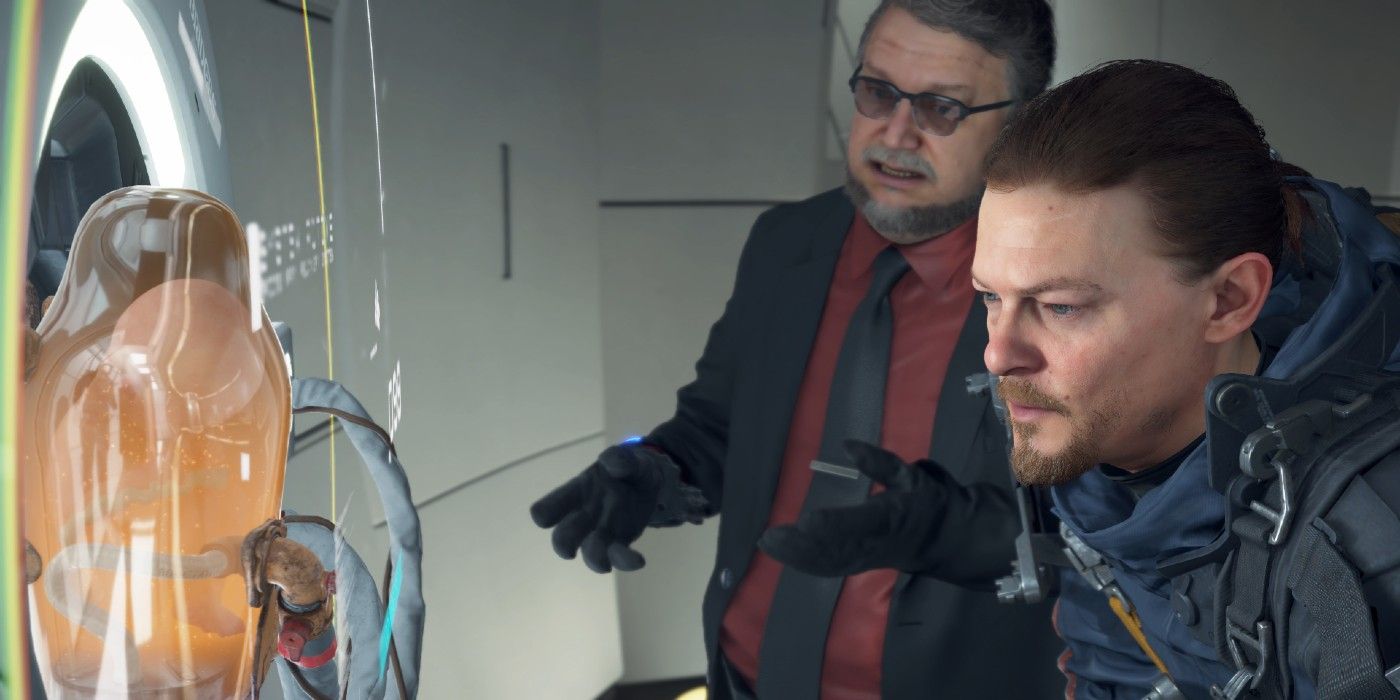With Death Stranding, Hideo Kojima tried to create an entirely new sub-genre of action games called 'Strand.' The strand system, as many would recall, incorporated many social elements into the game, which allowed for a more cooperative and empathetic multiplayer experience. In Death Stranding, other players could leave signs, crafting materials, transportations, and more for players to use, thus reflecting a different aspect of the online game experience.
The asynchronous multiplayer of Death Stranding may not be everyone's cup of tea, but it's hard to ignore the foundation it lays for future Kojima games that could implement such social elements. If the past is any indication, titles such as Dark Souls and Metal Gear Solid 2 were built upon the foundations laid by their forefathers and hence ended up evolving their respective sub-genre to great lengths. If Kojima's next game follows such a route, the Strand genre has the potential to be as revolutionary as the aforementioned titles.
The Need for Strand Genre
The competitive side of multiplayer gaming has thrived significantly in the last few generations. As such, the best multiplayer games tend to lean towards PVP experiences. This leaves a lot of room for the asynchronous multiplayer games to grow, which strives to provide a different kind of experience. Keeping in mind the impact of the on-going pandemic across the world, player interaction in video games fueled with empathy is needed more than ever.
The objective of a Strand game, as depicted in Death Stranding, is for players to realize the importance of human connection by helping each other out in dire situations. In Death Stranding, players could request items amidst a ghostly BT battle or make ziplines and roads to help other players traverse its world. This leads to a sense of responsibility and admiration towards other online players and society in general.
Such an aspect of multiplayer where other players are actually helping each other in a desolate open-world, rather than competing with each other, is not explored efficiently at the moment and future Strand games could really elevate this to a different level. This is especially needed in a time such as these where most people are stuck in their homes and the only way to connect and support other humans is via these online experiences.
While Death Stranding positively depicts how rewarding it could be to help other players in a game rather than themselves, there's still a lot of room for improvements. Future games, whether it's a Death Stranding sequel or an entirely new game, the foundation laid by the social strand system has endless possibilities that could be implemented in Kojima Production's upcoming titles.
The Endless Possibilities Of A Strand Game
While the asynchronous multiplayer of Death Stranding synced perfectly with its underlying themes, such a system could work very well with other genres of games as well. For example, in a survival horror game, a social strand system as such would allow players to rely more on other players for directions, weapons, etc, resulting in a coherent experience. Even in role-playing games whereas a multiplayer mode usually adds a co-op experience, a social strand element could very well alter the progression, thanks to meaningful social interactions.
Needless to say, Kojima Productions is currently working on its next big project. While there's no confirmation on what it is, it's safe to assume that it would implement a social strand system that would further elevate the strand genre. Seeing how multiplayer experiences and single-player experiences are striving in different directions, seemingly catering to a different set of audiences, people who like to play single-player games but crave an indirect multiplayer experience could find themselves right at home in a game of Strand genre.
Death Stranding is available now on PC and PS4.

